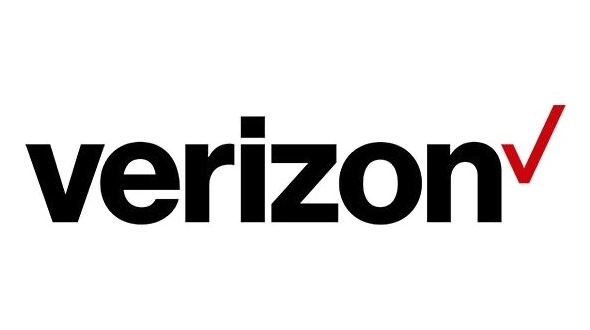Telecom & Wireless
What Flat 2016 Earnings Mean for the Verizon Dividend
Published:
Last Updated:

Chairman and CEO Lowell McAdam said that consumer demand is disrupting the company’s traditional business models and that Verizon’s goal is future growth “based on what customers want and need in the new digital world.” The company plans to manage for that future growth by managing near-term impacts.
McAdam offered these details:
These impacts include the commercial model change in wireless, year-over-year wireline financial comparisons following the expected first-half 2016 sale of operations to Frontier Communications Corp., and the ramp up of new business models for wireless video and [Internet of Things].
At Thursday’s share price, the company pays a dividend yield of around 4.94%, and investors have to wonder if that is sustainable through next year. The short answer to that question is, “It had better be.”
Verizon’s chief competitor, AT&T Inc. (NYSE: T), currently pays a dividend yield of 5.75%. We recently screened Merrill Lynch’s list of mega-cap stocks and found that AT&T is one of four with good prospects for both growth and income.
ALSO READ: 8 Buybacks and Dividends Just Too Big to Ignore
AT&T is the third most underweighted security, and the most underowned by active fund managers, according to Merrill Lynch data. And while growth has slowed, the company continues to expand its user base and leverage new smartphone products to drive more traffic. In addition, AT&T’s recent acquisition of DirecTV should add to both the company’s top and bottom lines.
Following its acquisition of the shares of Verizon Wireless that it did not own, Verizon’s long-term debt totaled about $109.5 billion at the end of June, only slightly more than AT&T’s long-term debt of around $105 billion. Verizon’s forward price-to-earnings (P/E) ratio is 11.03, compared with AT&T’s 11.73 forward P/E, but its price-to-book ratio of 16.45 is far higher than AT&T’s ratio of 1.97.
While Verizon’s debt load probably precludes it from raising its dividend sharply (and we might suggest the same is true for AT&T following its acquisition of DirecTV), the company boosted its quarterly payout to $0.565, up 2.7%, at the beginning of September. Thursday’s announcement of flat earnings through next year almost certainly was included in the calculations that led to that increase.
If we were the betting kind, we’d bet that come next September Verizon will once again add a small amount to the dividend to keep investors happy.
Verizon’s stock traded down about 3.3% Thursday morning, at $44.69 in a 52-week range of $38.06 to $51.73.
ALSO READ: 4 Safe High-Yield Dividend Stocks to Buy for Ongoing Volatility
Want retirement to come a few years earlier than you’d planned? Or are you ready to retire now, but want an extra set of eyes on your finances?
Now you can speak with up to 3 financial experts in your area for FREE. By simply clicking here you can begin to match with financial professionals who can help you build your plan to retire early. And the best part? The first conversation with them is free.
Click here to match with up to 3 financial pros who would be excited to help you make financial decisions.
Thank you for reading! Have some feedback for us?
Contact the 24/7 Wall St. editorial team.